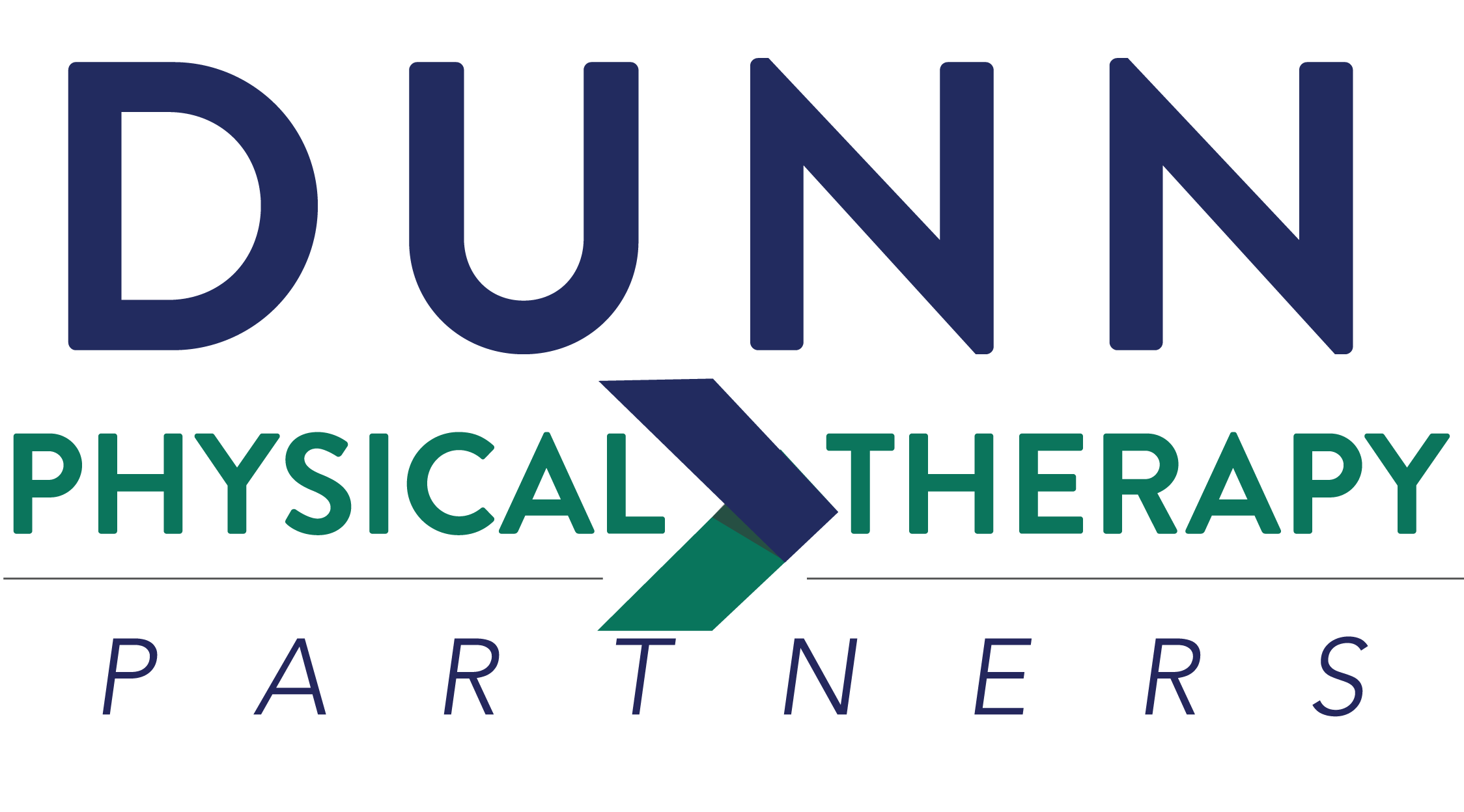Holistic Healing with Nutrition and Physical Therapy
Physical therapy is an essential part of the rehabilitation process. It can help people recovering from injuries, surgeries, and managing chronic conditions. However, an often-overlooked aspect of a holistic healing approach is the role of nutrition. Nutrition and physical therapy go hand-in-hand, each playing a vital role in accelerating recovery and enhancing overall physical health.
If you’ve ever wondered what you can eat to aid in your hard work during PT, let us be your guide!
The Foundation of Holistic Healing: Nutritional Building Blocks
At the core of recovery is the body’s ability to repair and rebuild itself, a process heavily reliant on the nutrients we consume. Proteins are the building blocks of muscle repair and growth. After an injury or surgery, increasing protein intake can help repair damaged tissues. Essential amino acids found in foods like lean meats, beans, and nuts are crucial for muscle regeneration.
Similarly, vitamins and minerals play a significant role. For example, Vitamin C is essential for collagen formation, a key component of connective tissues, while calcium and Vitamin D are crucial for bone health. Incorporating a variety of fruits, vegetables, dairy, and whole grains into your diet ensures a balanced intake of these essential nutrients.
Reducing Inflammation Through Diet
Inflammation is the body’s natural response to injury, but chronic inflammation can impede the healing process. Anti-inflammatory foods, such as omega-3 fatty acids found in fish, flaxseeds, and walnuts, can help reduce this inflammation. Similarly, antioxidants found in berries, leafy greens, and other vegetables can combat oxidative stress that may delay recovery.
Energy and Recovery
Sufficient caloric intake is also paramount during rehabilitation. Physical therapy sessions often require energy, and a deficit can hinder your ability to participate effectively. Balanced meals with a proper mix of carbohydrates, proteins, and fats ensure that you have the energy needed for both healing and physical therapy exercises.
The Importance of Hydration
Hydration plays a critical role in physical therapy. Water is essential for joint lubrication, temperature regulation, and transporting nutrients to cells. Staying adequately hydrated can improve flexibility and decrease the likelihood of muscle cramps during therapy sessions.
Tailoring Nutrition to Individual Needs
It’s important to remember that nutritional needs can vary based on individual factors like the type of injury, level of physical activity, and overall health status. Consulting with a dietitian can provide personalized nutritional guidance complementing your physical therapy regimen.
By considering both physical therapy and nutrition, you’re not just recovering; you’re rebuilding stronger than before. Remember, when it comes to healing, what you fuel your body with is just as important as your physical therapy exercises. Contact the Physical Therapy Partners team today to find out more on a holistic healing approach.

